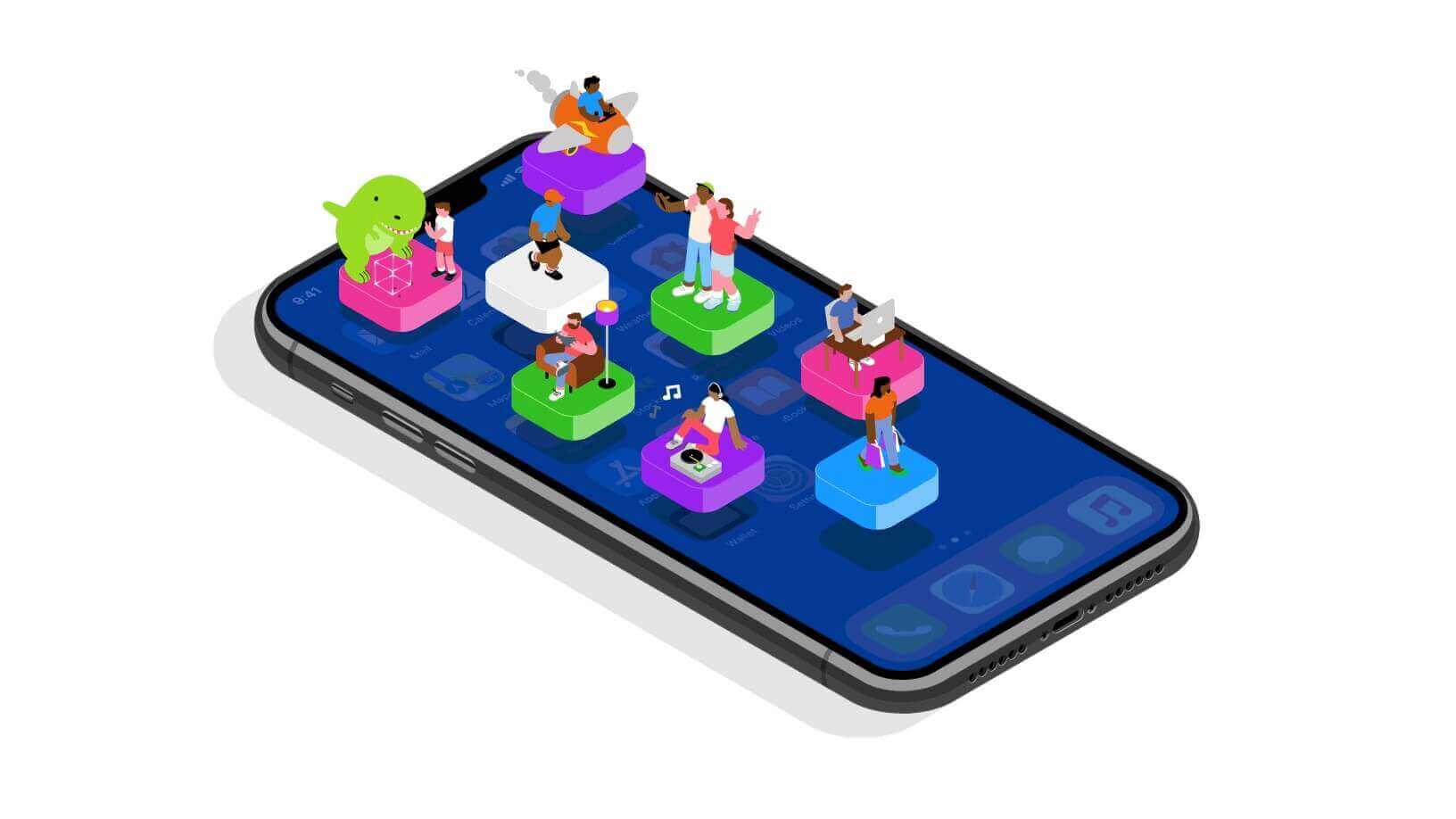Why it matters: Consumers who are paying a premium to get into the Apple ecosystem usually accept the fact that it's a walled garden designed to keep them hooked on relatively high quality apps and services. However, the whole equation changes when the operating system on your expensive device becomes a platform for upselling, and user experience is downgraded to make way for advertising.
The iPhone is Apple's core revenue driver and a lot of effort goes into making it a compelling choice for people who want an iOS device to govern their increasingly mobile lives. Case in point, the company is expected to deliver a new affordable iPhone SE (a.k.a. iPhone 9) to help bring iOS to the masses.
Apple recognizes new growth opportunity is in services that make its mobile devices more useful and more entertaining. The company made over $12 billion from their "services" business in the last quarter, which is a sizeable, 14 percent chunk of total revenue for that timeframe.
However, ask Tumblr engineer Steve Streza, and Apple isn't just waiting for its loyal customer base to subscribe to Apple Music, Apple News+, Apple TV+, or Apple Arcade. He makes a good point that Apple actively bombards you with ads for all these services whenever it sees that you aren't using them – that is, if you're not one of the 480 million people that do.

Streza notes the ads are present throughout iOS 13, and can't be blocked using the integrated content blocker extension system. Default apps like the App Store and Apple Music show ads for the company's subscription services, and sometimes you'll be greeted to these in the Notification Center.
We asked around fellow TechSpot staff members that use iOS devices and they mentioned prompts about paying for extra iCloud backup storage as one of the biggest annoyances in the operating system.
If all this sounds familiar, you're not alone. Pretty much any Windows 10 user has experienced Microsoft's new advertising strategy in the "free" upgrade offered to Windows 7 users, as well as people who paid full retail price for the new OS. The Redmond giant disguises them as "tips" and "suggestions," which makes them tolerable for a portion of users.
Apple's ads, however, are plastered on the home screen and tabs in apps like Apple Music, TV+, News+, Wallet, and App Store. An argument can be made that iOS 13 is gradually turning into adware, which is contrary to Apple's marketing promises that it focuses on creating the best possible user experience.
Interestingly, if you're in a region where a particular service like TV+ isn't available, you won't see an ad in the TV app. And, more importantly, it looks like Apple is pushing these harder whenever it announces new content or features, while keeping a strong stance of not selling your data to third parties.
This isn't the first time Apple has come under fire for questionable practices. Last year, the company had to adjust its App Store search algorithm after a report found Apple's apps ranked first for hundreds of keywords. At the time, the company insisted that a fair way to describe that isn't "correction," but rather as an "improvement," so it wouldn't be a surprise if ads for Apple services inside iOS 13 were to be "improved" in the near future.
